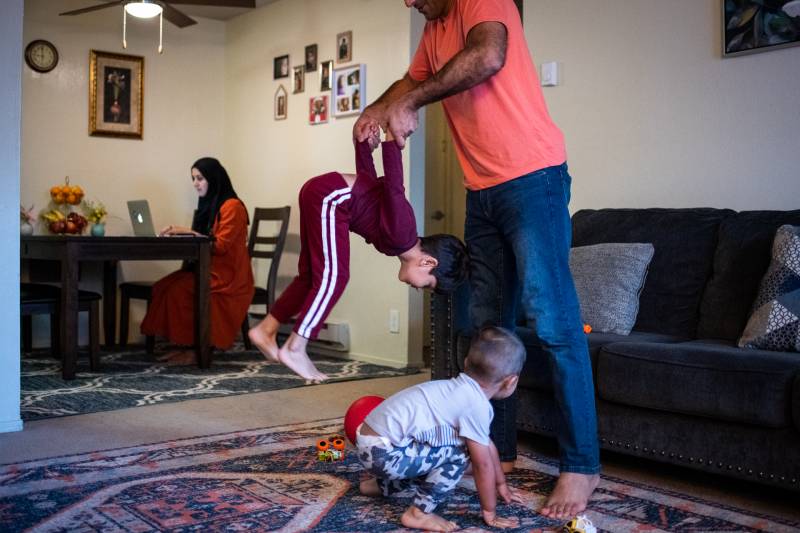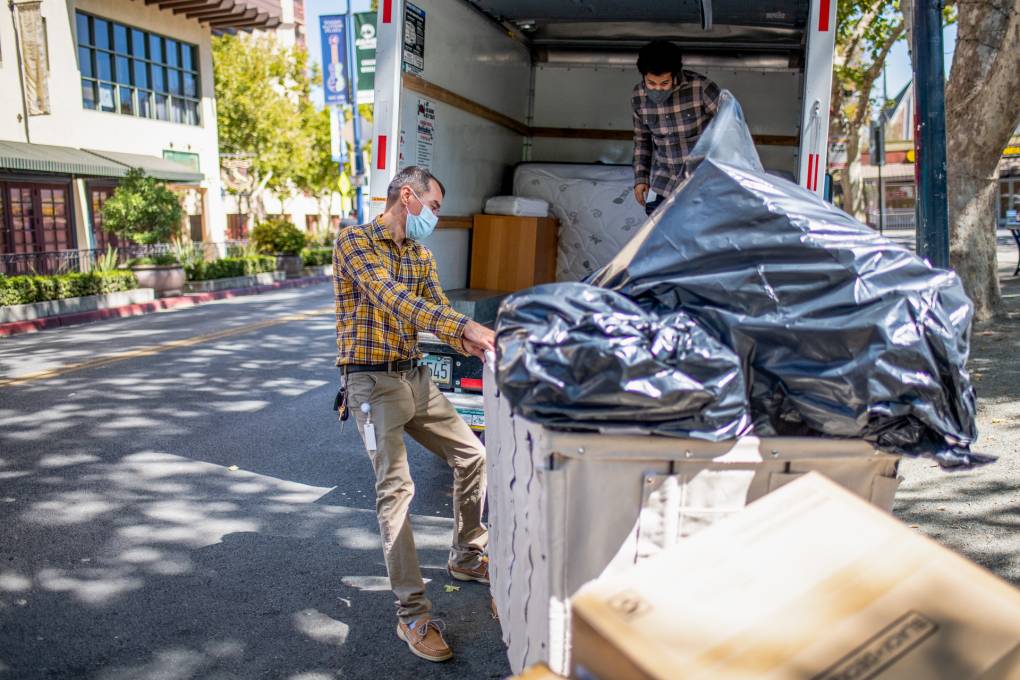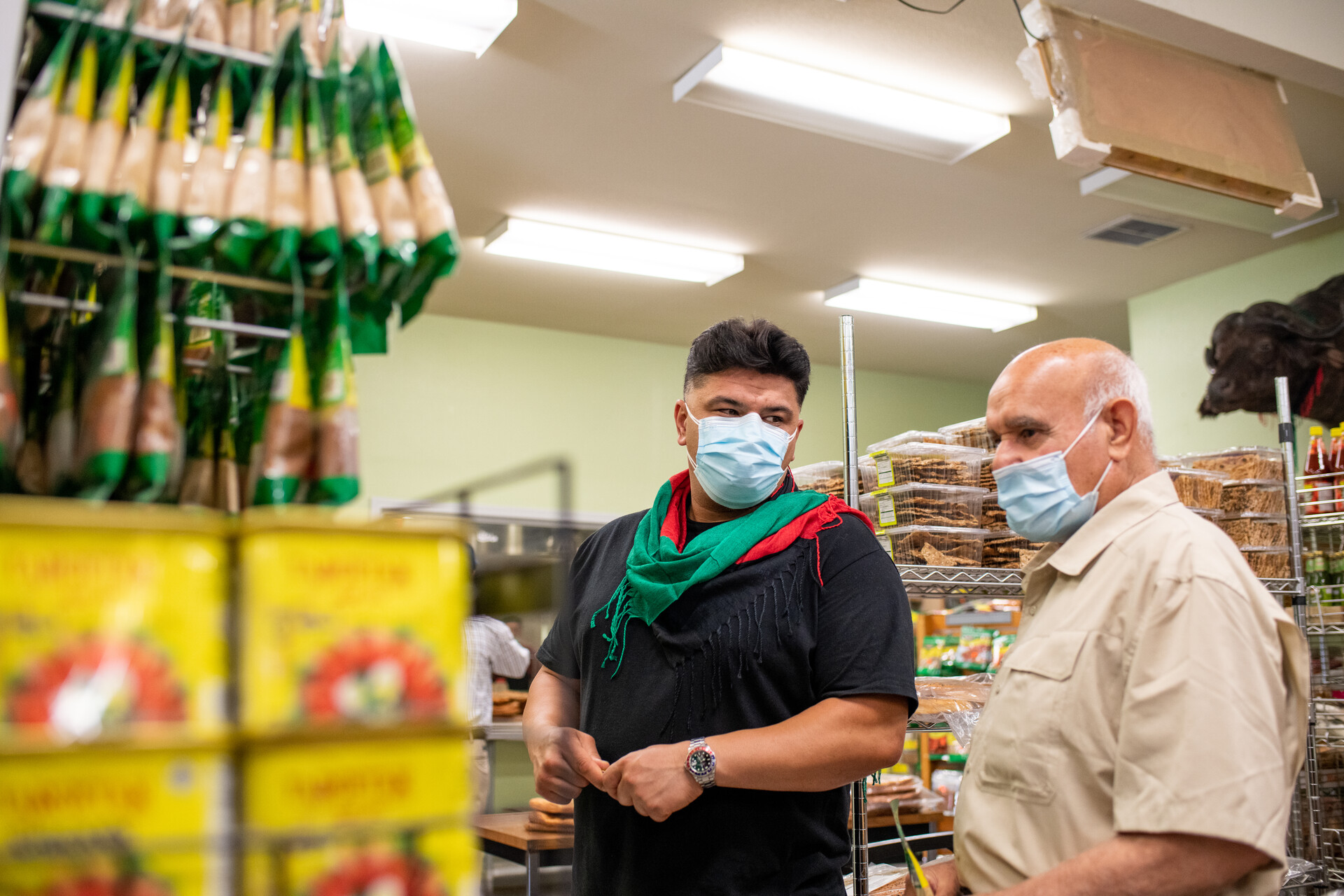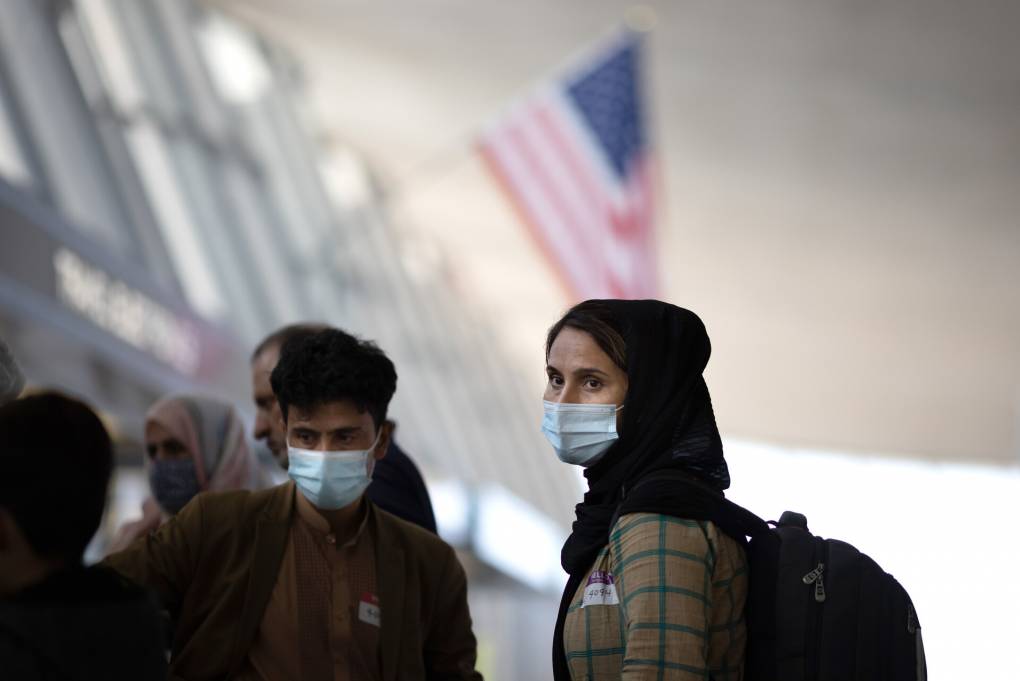But within the first week of their arrival, they were told by a manager of the building complex that there was an occupancy limit and they would need to leave.
Now they have to move again.
But the financial support they receive from the government is not enough to provide a security deposit, and some places ask for a credit history, something they also don’t have.
“We are totally lost in this situation,” she said and added that some landlords were asking for a five-month deposit on a one-bedroom apartment.
Back in Afghanistan, Shakir said, her husband was a contract worker for U.S.-based companies and they were in the process of applying for a special immigrant visa (SIV) when they left, but she said they applied for humanitarian parole and have received approval to stay for now.
In many cases, humanitarian parole was seen as a temporary workaround that would allow individuals to enter and stay in the U.S. without a visa for “urgent humanitarian reasons.”
Legal and community groups say they expect to file at least 30,000 humanitarian parole applications, but nationwide only about 100 applications have been approved since July.
For Shakir, who received temporary status under humanitarian parole, it hasn’t solved all of the challenges. Her CalFresh card stopped working, so the family needs help with food in addition to housing.
“We waited for four weeks and it didn’t arrive at our mail address. Then they said, ‘Wait, one week more.’ We waited one week more. Still, it didn’t arrive,” she explained. “Then they said, ‘OK, you apply for replacement.’ We applied for a replacement again.”




